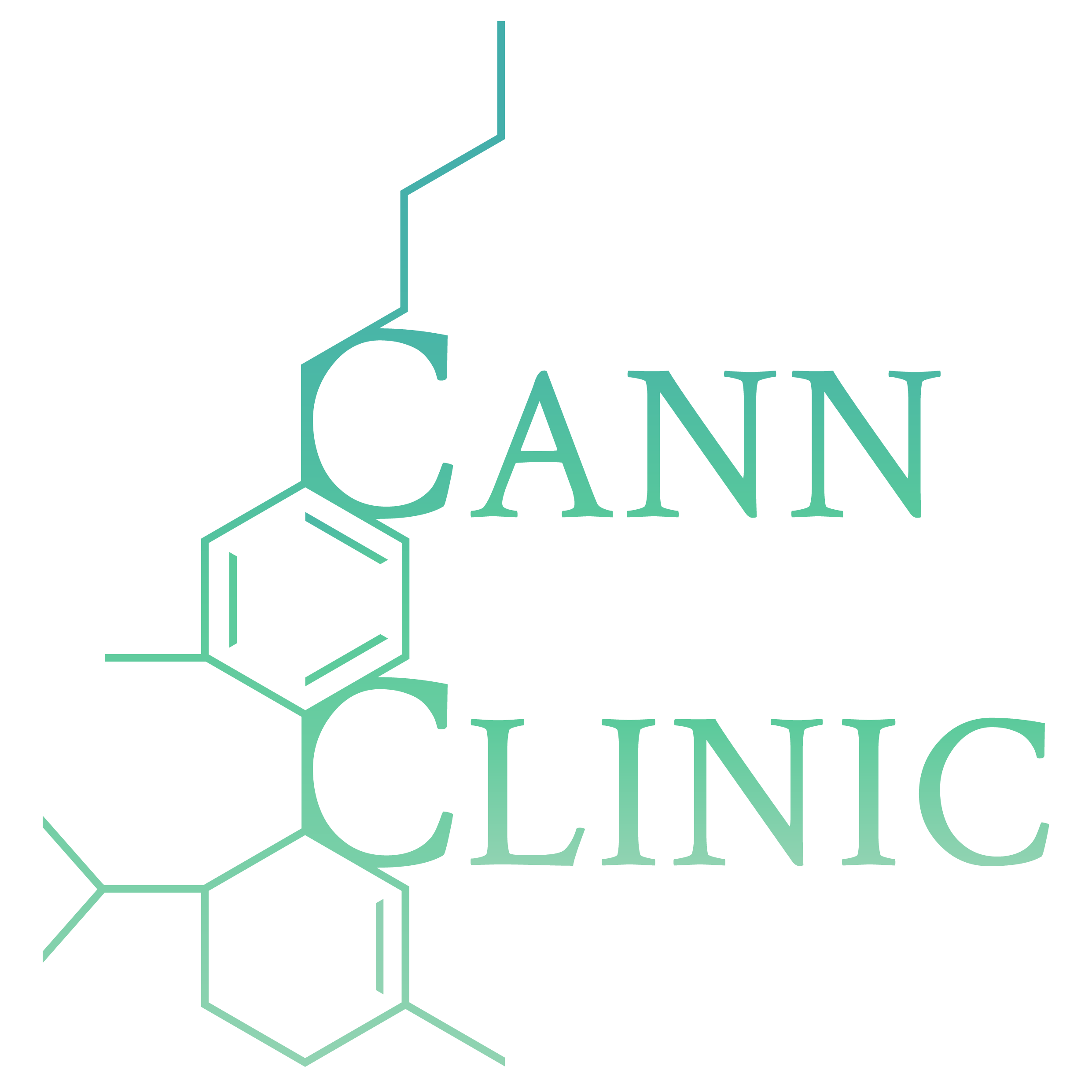Treatment Objectives
Cannabis Treatment for Cancer
Cannabis Treatment for Cancer
When a patient is diagnosed with cancer, an oncologist (cancer specialist), will inform the patient with the best cancer treatment options moving forward. This will depend somewhat on the type of cancer that has been diagnosed, alongside other factors like the patient’s age and their general health. Another major factor is the extent of the cancer and it’s growth.
There are 4 treatment options that are offered ordinarily and they are:
- Surgery
- Chemotherapy
- Radiation Therapy
- Biologic or Targeted Therapy
- chemotherapy drugs – side effects from chemotherapy drugs
- hormone therapies
- biological therapies
- bisphosphonates
Medicinal Cannabis Treatment for Cancer : Chemotherapy Treatment
Chemotherapy is a treatment for cancer which has a number of side effects that can make it nearly impossible for a patient to maintain good health. One of the main side effects from chemotherapy is nausea and vomiting. Nausea and vomiting makes it hard to eat, therefore necessary nutrients are often omitted from the diet causing a worsened condition. For some, it can even equate to anorexia and body wastage. Medical cannabis treatment for cancer gives the patient the ability to feel hunger and eat to heal. Nausea subsides along with the vomiting often caused by chemotherapy. CBD (Cannabidiol), one of the five cannabinoids found in medical cannabis has also been found to inhibit tumor growth in leukemia and breast cancer.
More about chemotherapy drug side effects and medical cannabis for nausea and vomiting
Medicinal Cannabis Treatment for Cancer

MCCA does not recommend our products be used in isolation as a treatment, cure or prevention for cancer or any other neoplastic diseases, rather cannabinoid product may be used as an adjunct to conventional therapies.
Statistics: Population Diagnosed with Cancer in Australia
- An estimated 128,000 new cases of cancer are expected as being diagnosed in Australia, with that number set to rise to 150,000 by 2020
- 1 in 2 Australian men and 1 in 3 Australian women will be diagnosed with cancer by the age of 85
- Cancer is a leading cause of death in Australia – more than 43,200 people died from cancer in 2011
- Cancer accounted for about 3 in 10 deaths in Australia
- Around 19,000 more people die each year from cancer than 30 years ago, this is due mainly to population growth and ageing. However, the death rate (number of deaths per 100,000 people) has fallen by more than 16%
- 66% of people diagnosed with cancer in Australia are still alive five years after diagnosis
- The survival rate for many common cancers has increased by 30 per cent in the past two decades
- The most common cancers in Australia (excluding non-melanoma skin cancer) are prostate, colorectal (bowel), breast, melanoma and lung cancer. These five cancers account for over 60% of all cancers diagnosed in Australia
- Over 434,000 people are treated for one or more non-melanoma skin cancers each year, with 543 people dying in 2011


What is Cancer?
- Cancer causes unregulated and rapid cell growth
- The cancerous cells invade and destroy surrounding healthy tissue
- Cancer normally starts out in one part of the body, but can be spread through the bloodstream and lymphatic system
- There are more than 200 types of cancer that effect humans
Causes of Cancer
- one in nine cancers, and one in five cancer deaths, are due to smoking
- about 3% of cancers are related to alcohol consumption
- many cancers occur as a direct result of dietary influences
- from infectious agents or exposure to radiation (especially skin cancers from ultraviolet radiation)
- some cancers result from inherited ‘faulty’ genes
Symptoms of Cancer
> Jaundice
> Fever
> Extreme Tiredness
> Unexplained Weight Loss
> Weakness
> Dizziness
> Coughing
> An enlarged or misshapen mole
> Lump
> Pain
> Migraine
> Hyper-pigmentaion
> Reddish skin
> Itching
> Excessive hair growth
> Long term constipation
> Sores that don’t heal
> White patches inside the mouth or spots on the tongue
> Unusual bleeding
> Nagging cough or hoarseness

Brain Cancer
Anti-tumor Effects of Cannabidiol, a Nonpsychoactive Cannabinoid, on Human Glioma Cell Lines (2003)
Anti-tumor Effects of Cannabidiol, a Nonpsychoactive Cannabinoid, on Human Glioma Cell Lines (2003)
Research was conducted to further explore the hypothesis that CBD had anti-tumour qualities, within a lab setting. It was found that CBD significantly dropped the viability of tumour cells, suggesting that CBD has practical anti-tumour applications. Published in The Journal of Pharmacology and Experimental Therapeutics.
Breast Cancer
Anti-tumor activity of plant cannabinoids with emphasis on the effect of cannabidiol on human breast carcinoma (2006)
This research acknowledges the anti-tumour effects of THC, but claims it is problematic because of its psychoactive properties. To this end, they set out to assess the effects of the other cannabinoids. It was found that CBD showed promising anti-cancer qualities that should be investigated further. Published in The Journal of Pharmacology and Experimental Therapeutics.
Brain Cancer
Anti-tumor Effects of Cannabidiol, a Nonpsychoactive Cannabinoid, on Human Glioma Cell Lines (2003)
Anti-tumor Effects of Cannabidiol, a Nonpsychoactive Cannabinoid, on Human Glioma Cell Lines (2003)
Research was conducted to further explore the hypothesis that CBD had anti-tumour qualities, within a lab setting. It was found that CBD significantly dropped the viability of tumour cells, suggesting that CBD has practical anti-tumour applications. Published in The Journal of Pharmacology and Experimental Therapeutics.
Neuroprotection by Δ9-Tetrahydrocannabinol, the Main Active Compound in Marijuana, against Ouabain-Induced In Vivo Excitotoxicity (2001)
This research set out to examine the effects of THC on acute brain damage and degenerative brain disease. It was concluded that THC acts to protect the brain from degenerative diseases. Published in The Journal of Neuroscience.
A pilot clinical study of Δ9-tetrahydrocannabinol in patients with recurrent glioblastoma multiforme (2006)
This study was the first that set out to explore the anti-tumour qualities of cannabinoids within a clinical setting. They had positive results, finding that THC and other cannabinoids acted to inhibit tumour growth within patients. Published in the British Journal of Cancer.
Breast Cancer
Anti-tumor activity of plant cannabinoids with emphasis on the effect of cannabidiol on human breast carcinoma (2006)
This research acknowledges the anti-tumour effects of THC, but claims it is problematic because of its psychoactive properties. To this end, they set out to assess the effects of the other cannabinoids. It was found that CBD showed promising anti-cancer qualities that should be investigated further. Published in The Journal of Pharmacology and Experimental Therapeutics.
Pathways mediating the effects of cannabidiol on the reduction of breast cancer cell proliferation, invasion, and metastasis (2010)
This study set out to determine the effects of CBD on breast cancer cells. It was found that it inhibited the growth and spread of these cancer cells. It was also found that CBD significantly reduced tumour mass. Published in the US Library of Medicine.
Cannabinoids reduce ErbB2-driven breast cancer progression through Akt inhibition (2010)
This research outlines experiments that were conducted to assess the effects of cannabinoids on the highly aggressive ErB2-positive breast cancer. They concluded that cannabinoids appeared to reduce both tumour growth and the amount of tumours present, strongly suggesting that it has a real application for the therapeutic treatment of breast cancer. Published in the journal Molecular Cancer.
Lung Cancer
Δ9-Tetrahydrocannabinol inhibits epithelial growth factor-induced lung cancer cell migration in vitro as well as its growth and metastasis in vivo (2008)
Research was conducted to explore the effects of THC on epithelial growth factor-induced lung cancer – a particularly aggressive, and chemotherapy resistant form of cancer. It was found that THC played a significant role to inhibit the cancers growth, warranting further research into the matter. Published in the journal Oncogene.
Cannabidiol inhibits lung cancer cell invasion and metastasis via intercellular adhesion molecule-1 (2011)
This Research sought to investigate the effects of CBD on the invasiveness of lung cancer. It was found that cannabinoids inhibited the invasiveness of primary tumour cells within lung cancer patients. Published in the US National Library of Medicine.
Cannabinoid receptors, CB1 and CB2, as novel targets for inhibition of non-small cell lung cancer growth and metastasis (2011)
Research was conducted in order to ascertain the role of cannabinoid receptor activation in lung cancer. It was found both inhibit the growth of cancerous cells, as well as increase their apoptosis – the natural process of cell death. Published in the US National Library of Medicine.
Prostate Cancer
Anti-proliferative and apoptotic effects of anandamide in human prostatic cancer cell lines: implication of epidermal growth factor receptor down-regulation and ceramide production (2003)
This study outlines how the activation of cannabinoid receptors within the prostate causes anti-prolific effect in cancer cells, having large implications into the treatment of prostate cancer. Published in the US National Library of Medicine.
The role of cannabinoids in prostate cancer: Basic science perspective and potential clinical applications (2012)
This study conducted a meta-review of many other previous prostate cancer research papers to determine whether cannabinoids had a practical clinical application. It concluded that it would be in everyone’s best interest to conduct clinical trials involving medical cannabis. Published in the US National Library of Medicine.
Non-THC cannabinoids inhibit prostate carcinoma growth in vitro and in vivo: pro-apoptotic effects and underlying mechanisms (2013)
This Research set out to expand on the previously researched notion that cannabinoid receptor activation caused cell death within prostate cancer cells. The research found significant positive results and concluded that the data supported the clinical testing of CBD in prostate cancer patients. Published in the US Library of Medicine.
Blood Cancer
Cannabinoid Receptor-Mediated Apoptosis Induced by R(+)-Methanandamide and Win55,212-2 Is Associated with Ceramide Accumulation and p38 Activation in Mantle Cell Lymphoma (2006)
Delta9-tetrahydrocannabinol-induced apoptosis in Jurkat leukaemia T cells is regulated by translocation of Bad to mitochondria (2006)
This Research outlines how it assessed the use of cannabinoids to cause apoptosis (the regulated and natural death of cells). It gained positive results, finding that cannabinoids do indeed cause the death of cancerous leukaemia cells. Published in the US National Library of Medicine.
Expression of cannabinoid receptors type 1 and type 2 in non-Hodgkin lymphoma: Growth inhibition by receptor activation (2008)
This research aimed to determine what the effects cannabinoid receptor activation on lymphoma were. It was found that cannabinoid receptor activation reduced the multiplication and growth of lymphoma, as well as causing some cancer cells to die. Published in the International Journal of Cancer.
Oral Cancer
Cannabinoids inhibit cellular respiration of human oral cancer cells (2010)
This research aimed to study the effects of cannabinoids on how cancerous cells respire within types of oral cancer. They found that cannabinoids inhibit the cancer cells respiration and are thus toxic to them. This implies that cannabinoids could be used for the treatment of oral cancer. Published in the US National Library of Medicine.
Liver Cancer
Anti-tumoral action of cannabinoids on hepatocellular carcinoma: role of AMPK-dependent activation of autophagy (2011)
This research aimed to determine how THC effects cancerous cells within the liver. It was found that THC reduces the growth and effectiveness of these cancerous cell, implying that THC as a therapeutic treatment should be explored further. Published in the US National Library of Medicine
Pancreatic Cancer
Cannabinoids Induce Apoptosis of Pancreatic Tumor Cells via Endoplasmic Reticulum Stress–Related Genes (2006)
This study suggests that pancreatic tumour tissue appears to have a much higher number of cannabinoid receptors when compared to that of normal pancreatic tissue. The study found that when cannabinoids were administered, cancer cells started dying through apoptosis, leading to a reduction in tumour growth and is spread. Published in The American Journal of Cancer.
Clinical Studies / References:

